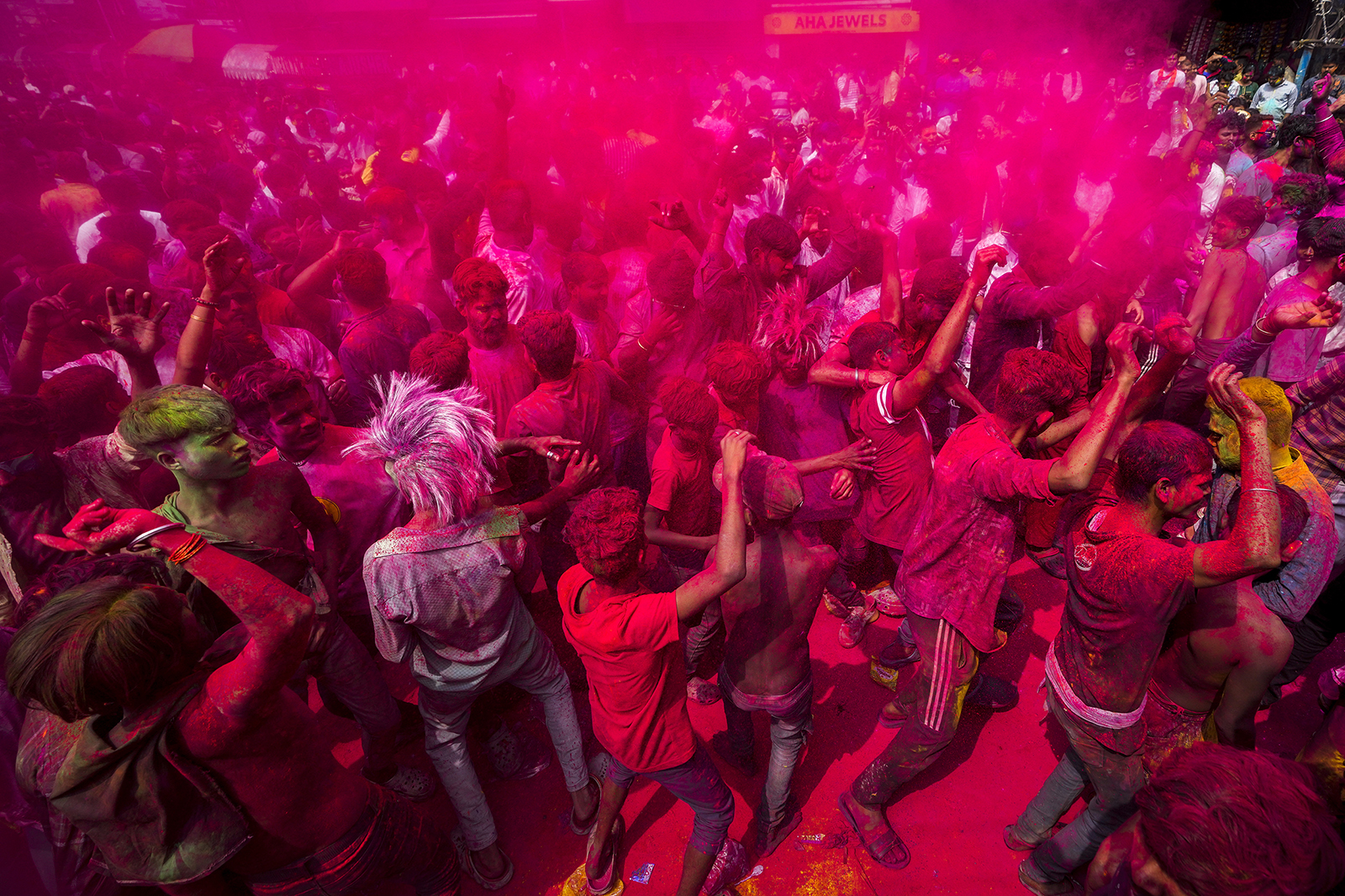NAIROBI, Kenya (RNS) — Conservative Anglican leaders gathering in the Nigerian capital, Abuja, are planning to unveil a new leader of the worldwide Anglican Communion, even as Archbishop Sarah Mullally is set to be installed as the first female leader of the body later this month.
The Global Anglican Future Conference, a conservative Anglican movement better known as GAFCON that has encouraged its provinces to cut ties with Canterbury and that rejects Mullally’s election, called the meeting to reorder the communion. During the four-day gathering, which began Tuesday (March 3), the global network of 10 provinces — representing at least half of the world’s Anglicans — plans to formalize the Global Anglican Communion, which it announced in October, and to elect a new leader.
Mullally’s election in October further widened a rift within the 85 million-member worldwide Anglican Communion, which since the 1990s has struggled with controversies around female leadership and same-sex marriage in the church. Conservative bishops and clerics with GAFCON accuse Mullally and other leaders of the communion of abandoning the inerrant Word of God to support the blessing of same-sex unions, ordain women bishops and elect Mullally archbishop of Canterbury.
Archbishop Henry Chukwudum Ndukuba, the primate of the Church of Nigeria, told those at the opening service of the meeting this week that GAFCON had been calling and praying for a turnaround among the leaders of the Anglican Communion, but having failed, the network was declaring that the future had arrived.
“You cannot serve God and mammon. Choose this day whom to serve. This is the cry and call of God,” he told the more than 400 archbishops, bishops, clergy and lay leaders attending the meeting, dubbed G26.
The clerics at G26 view the meeting, whose main focus is in reforming the Anglican Communion as a whole, to be a pivotal moment. GAFCON says it represents 85% of the world’s practicing confessing Anglicans, though independent studies have placed the number at closer to 50%-60%. Regardless, GAFCON represents a significant portion of Anglicans throughout the world, with large populations in Asia and African countries, including Nigeria, Uganda and Kenya.

Ndukuba said the church of God will continue to march on, not built on institutions of Canterbury, nor on the personality of the archbishop of Canterbury.
“But rather, we are returning, bringing back the Word of God, the Holy Scriptures, to be the center of our life, our teaching and our practices,” he said, warning that obedience to the authority of Scripture in all matters of faith, doctrine and practice could not be substituted.
“What we see is the determination and the arrogance of the revisionists to impose their error on the whole church. They engage you in endless debates, dialogue and contentions and meetings, while driving and spreading their erroneous teachings.”
Officials say the intention is not to create a new communion but to reorder the current one.
“We are now taking ranks of leadership globally. A global church needs a global leadership,” the Rt. Rev. Paul Donison, general secretary of GAFCON, told Advent Cable Network Nigeria on Tuesday.
“I hope out of these, the average Anglican, average Anglican believer, they can say we have been clear, that the understanding from the statements, this is the center of leadership for our global church.

“They will no longer look back to a colonial structure that has gone so far away from the gospel, instead we have new global structures in the same Anglican Communion,” he added.
In October, GAFCON rejected the Instruments of the Anglican Communion, namely the archbishop of Canterbury, the Lambeth Conference, the Anglican Consultative Council and the Primates Meeting, for failing to uphold the doctrine and discipline of the Anglican Communion.
Archbishop Laurent Mbanda of Rwanda, the chairman of GAFCON, declared in an Oct. 16 statement that the Anglican Communion will be “re-ordered, with only one foundation of communion, namely the Holy Bible,” as the Global Anglican Communion.
This Global Anglican Communion would be led by a Council of Primates, with the provinces electing a chairman “as first among equals” to lead the council. A province that wants to become a member only needs to accede to the 2008 Jerusalem Declaration, which the clerics consider the standard identity for Anglicanism.
The Anglican provinces that join the Global Anglican Communion will be barred from participating in meetings called by the archbishop of Canterbury, including the Anglican Consultative Council, and are not allowed to make any monetary contribution to the ACC, nor receive any monetary contribution from it or its networks.
“G26 is a summons to make room for Jesus afresh in the life of his Church, to listen again to his word and to walk together in obedience and courage,” said Mbanda in his last Christmas message.
Uganda, the African country with the largest population of Anglicans after Nigeria, has sent a delegation of 52, including 41 bishops.
“We are gathered here as Bible-believing Anglicans. … We glorify God for this time. We are all looking forward to what God is going to do for the communion. How he is going to reset the communion,” said Archbishop Stephen Kaziimba Mugalu in a short video message sent to RNS.
Meanwhile, the Anglican Communion is moving to reduce the archbishop of Canterbury’s centrality, an acknowledgment that most Anglicans now live in the Global South. On Monday, the Inter-Anglican Standing Commission on Unity, Faith and Order released revised “Nairobi-Cairo proposals” ahead of the summer ACC that aim to decentralize leadership and create a less U.K.-dominated model.
 Can you imagine what it’s like to read about a Persian prime minister seeking to destroy the Jews – as the Jewish army is finally fighting back with the American army against the Persian Jew-haters?
Can you imagine what it’s like to read about a Persian prime minister seeking to destroy the Jews – as the Jewish army is finally fighting back with the American army against the Persian Jew-haters? 




